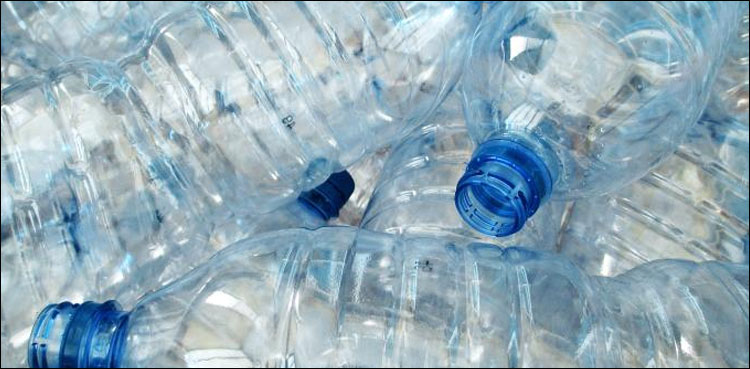
In what could be a major achievement in better utilization of plastic waste, scientists have converted used plastic bottles into vanilla flavoring by using genetically flavoured bacteria.
According to reports, this is the first time that a valuable chemical has been created from waste plastic, that is among the major contributor of widespread pollution in landfills and has also severely impacted animal life.
Previously, scientists developed mutant enzymes to break down the polyethylene terephthalate polymer that is used for bottles into basic units, terephthalic acid (TA), however, they have now gone a step further, converting it into vanillin.
Vanillin is a chemical that is widely used in the food and cosmetics industry and is also regarded to be an important bulk chemical for pharmaceuticals, cleaning products, and herbicides.
The demand for vanillin has increased in the past few years, with figures reaching 37,000 tonnes in 2018, a report said. The significance of the development was explained by Joanna Sadler of the University of Edinburgh.
Read More: Nestlé Pakistan replaces 400 million plastic straws with paper straws
“This is the first example of using a biological system to upcycle plastic waste into a valuable industrial chemical and it has very exciting implications for the circular economy,” she said.
“The results from our research have major implications for the field of plastic sustainability and demonstrate the power of synthetic biology to address real-world challenges,” she added.
The findings of the research have now been published in the journal Green Chemistry. In the next stage, scientists will try to further tweak the bacteria to increase the conversion rate further.
The post Scientist converts plastic waste into vanilla flavouring appeared first on ARY NEWS.


0 Comments